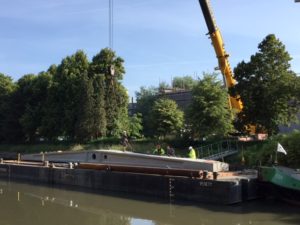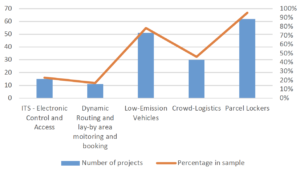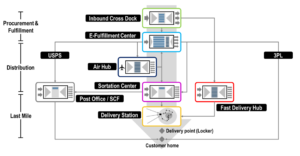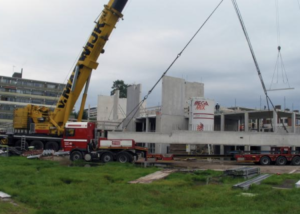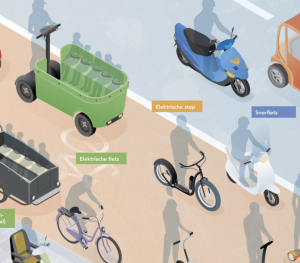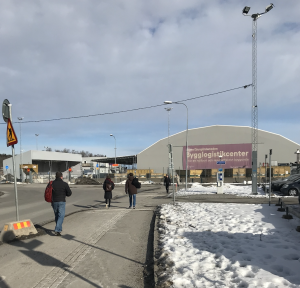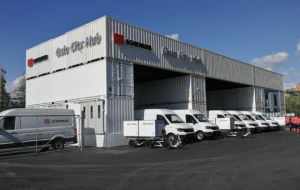Designing a construction logistics control tower for city development
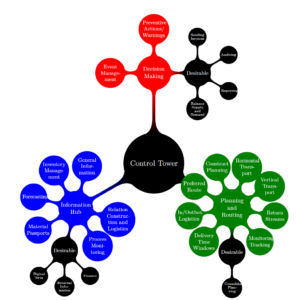
Construction logistics account for 35% of urban freight traffic and emissions in cities. With the growth in construction projects and the plans to reduce greenhouse gas emissions, better coordination of construction logistics for city development is necessary. TUDelft student Tom Tesselaar wrote his thesis about designing a construction logistics control tower for city development.


